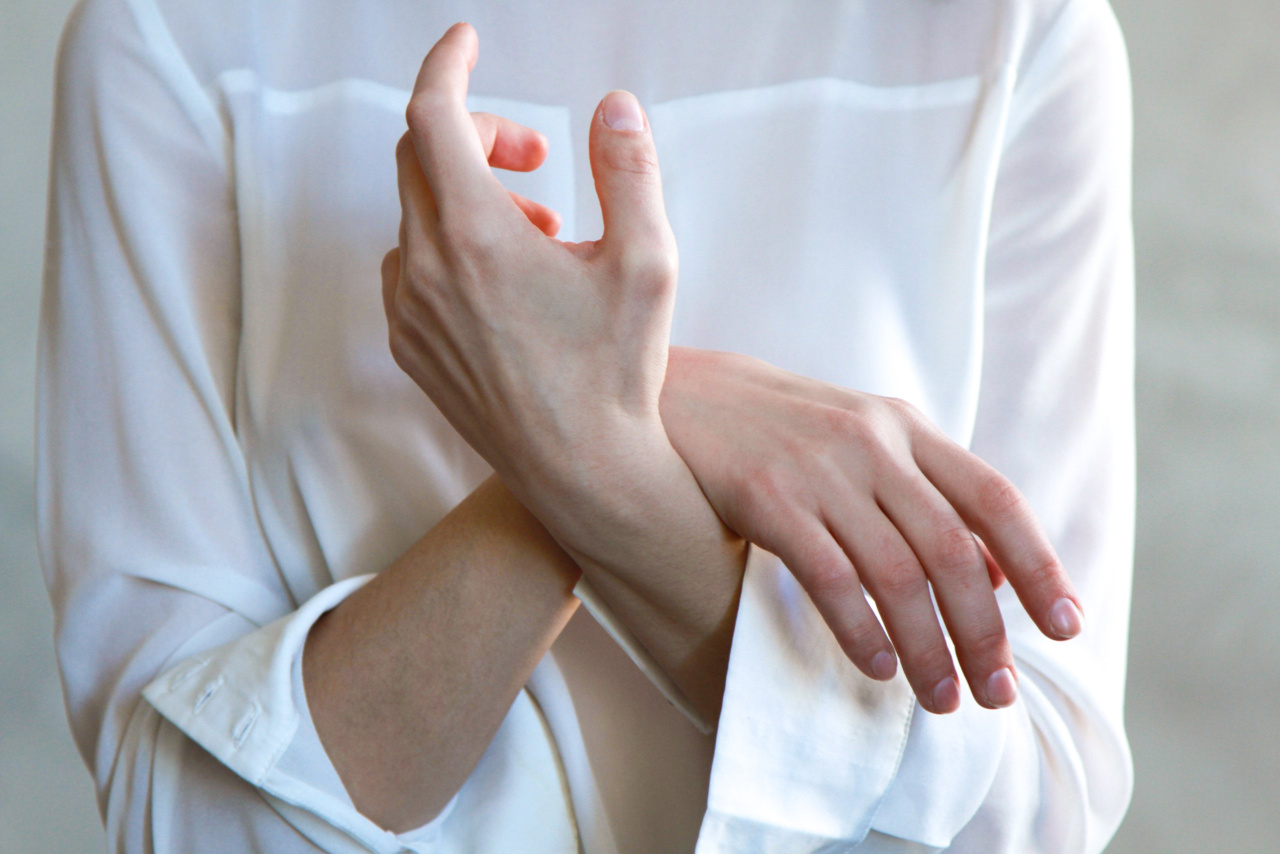Acne is a common skin condition that affects millions of people worldwide. While it is generally associated with adolescence, acne can also have a significant impact on the mental health of young women.
This article explores the various ways in which acne can affect the mental well-being of young women and offers insights into how they can cope with the emotional toll it takes.
The Physical and Emotional Journey of Acne
Acne, characterized by the presence of pimples, blackheads, and whiteheads, is not merely a physical condition. It brings with it a rollercoaster of emotions and self-esteem issues.
Young women often experience intense feelings of shame, embarrassment, and self-consciousness due to their acne. The journey of acne starts with the physical symptoms, but it doesn’t end there; it extends into the mental and emotional realms.
Social Impact and Isolation
Acne has a profound impact on a young woman’s social life. It can lead to social isolation, withdrawal from activities, and avoidance of social events.
The fear of judgment and negative reactions from others often takes a toll on their mental health. The constant worry about how others perceive their appearance can lead to anxiety and even depression.
Body Image and Self-Esteem
Young women with acne often struggle with their body image and self-esteem. They may compare themselves to those with flawless skin and feel inferior or unattractive.
Acne can make them feel like they don’t measure up to society’s beauty standards. This negative body image can lead to a lack of self-confidence and a distorted perception of self-worth.
Mental Health Conditions Associated with Acne
Acne can also contribute to the development of various mental health conditions among young women. One such condition is anxiety disorder, which manifests as excessive worry and fear of social situations.
Depression is another common mental health issue, characterized by persistent feelings of sadness and loss of interest in daily activities. These conditions can significantly impact a young woman’s quality of life and overall well-being.
The Psychological Burden of Acne
The psychological burden of acne can be overwhelming for young women. They may constantly feel judged and scrutinized, even by their loved ones.
The presence of acne can make them feel inadequate and impact their ability to form and maintain relationships. The persistent focus on their appearance can lead to obsession and unhealthy coping mechanisms, further exacerbating their mental health struggles.
Coping Strategies for Young Women
While dealing with acne-related mental health issues can be challenging, there are various coping strategies that young women can employ to improve their well-being:.
1. Seek Professional Help
It is crucial for young women struggling with the mental health effects of acne to seek professional help. Dermatologists can provide effective treatments for acne, which can help alleviate some of the physical symptoms.
Mental health professionals, such as therapists or counselors, can offer support and guidance in managing the emotional impact of acne.
2. Practice Self-Care
Engaging in self-care activities can help young women combat the negative emotions associated with acne.
Taking time for oneself, indulging in hobbies, practicing relaxation techniques, and maintaining a healthy lifestyle can all contribute to improved mental well-being.
3. Connect with Supportive Communities
Joining support groups, online communities, or engaging with friends who have had similar experiences can help young women feel understood and less alone.
Being able to share their thoughts and emotions with others who can relate can provide a sense of belonging and support.
4. Challenge Negative Thoughts
Acne often triggers negative thoughts and beliefs about oneself. Young women can practice challenging these negative thoughts by focusing on their strengths, accomplishments, and positive qualities.
Reframing their self-perception can have a significant impact on their mental well-being.
5. Practice Acceptance
Acknowledging that acne is a normal and common condition can aid in accepting oneself. Young women can work towards embracing their imperfections and understanding that true beauty is not solely defined by flawless skin.
Acceptance paves the way for improved self-esteem and healthier mental functioning.
Conclusion
Acne can have a profound impact on the mental health of young women. Understanding and addressing the psychological burden of acne is crucial for their overall well-being.
By seeking professional help, practicing self-care, connecting with supportive communities, challenging negative thoughts, and practicing acceptance, young women can navigate the emotional challenges of acne and cultivate a positive self-image.




























